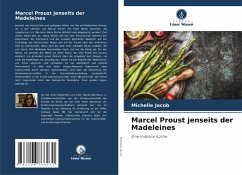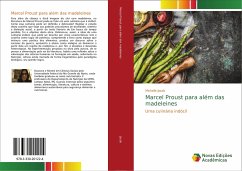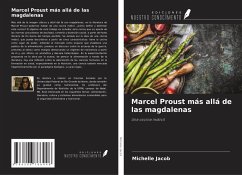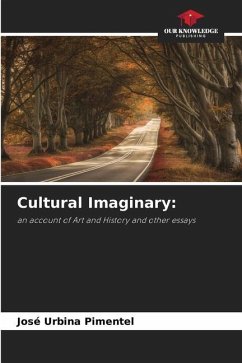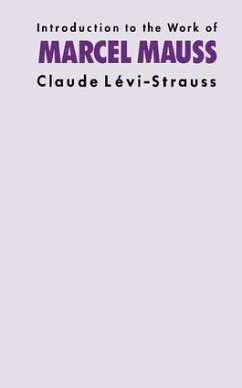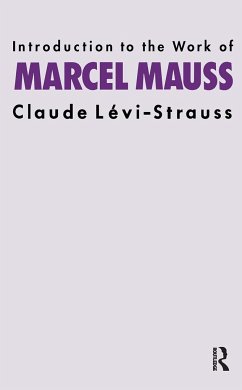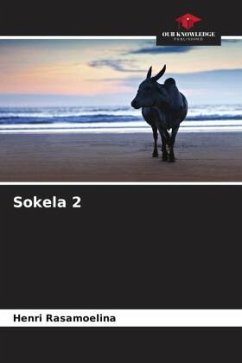
Marcel Proust beyond madeleines
An indocile cuisine
Versandkostenfrei!
Versandfertig in 6-10 Tagen
46,99 €
inkl. MwSt.

PAYBACK Punkte
23 °P sammeln!
Beyond the classic and docile image of tea with madeleines, in Marcel Proust's literature we can talk about a cuisine that is indocile. How can this cuisine be defined and delineated? The aim of this work was to study this cuisine, which deviates from Proustian standards of docility, symmetry and social distinction, based on the literary text of In Search of Lost Time. This outlines the idea of an indocile cuisine, which can be described by five characteristics: it has the kitchen as a place of power, it understands the market as a space that establishes a poetics of food, it produces a discou...
Beyond the classic and docile image of tea with madeleines, in Marcel Proust's literature we can talk about a cuisine that is indocile. How can this cuisine be defined and delineated? The aim of this work was to study this cuisine, which deviates from Proustian standards of docility, symmetry and social distinction, based on the literary text of In Search of Lost Time. This outlines the idea of an indocile cuisine, which can be described by five characteristics: it has the kitchen as a place of power, it understands the market as a space that establishes a poetics of food, it produces a discourse on the scarcity of war, it presents the obese as malignant by demarcating a regime of resistance from it and, finally, it is alcoholic and unveils heterotopias. In the experimentation proposed in the work by the author, of thinking about food through literature, there is a reflection on the appreciation of the human sciences in health training, especially in Nutrition, a science still hegemonically marked by the biological paradigm, its great logos.




